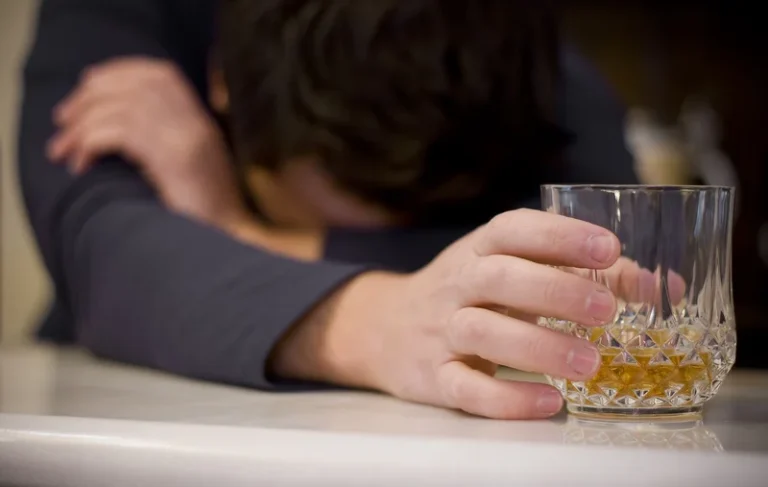
When a heavy drinker quits drinking, their brain must adjust to the chemical damage that alcohol has caused. Learning the symptoms of dry drunk syndrome as well as a few strategies to better cope can help you or someone you love to move past this stumbling block toward lasting recovery. For many who struggle with alcohol addiction, drinking alcohol is part of who they are. The entire issue with dry drunk syndrome is within the mind of the person in recovery. A person who strives to maintain sobriety can work to overcome this mentality of a dry drunk. It may also be helpful to know that Sober living house the symptoms of dry drunk syndrome are part of post-acute withdrawal syndrome (PAWS).
- Likewise, the terms dry drunk or dry alcoholic have been deemed offensive by some.
- Proper treatment and support make it possible to stay healthy even after dismissing your addiction.
- The term originally referred to a person who had quit drinking but did not adopt the mindset of a successful AA member.
- Long-term recovery from AUD requires intensive treatment and ongoing support.
- The dry alcoholic syndrome can be avoided by treating the core issues of alcoholism.
- For that reason, simply quitting substances without changing one’s lifestyle or other behaviors and thought processes simply isn’t enough.
How to Deal With a Dry Alcoholic

In the absence of healthy coping mechanisms, old habits can resurface. You might find yourself turning to unhealthy ways to manage stress, like isolation, overeating, or even relapsing into substance use. First and foremost, not every alcoholic seeks professional help to stop drinking. A person might decide after some negative experiences that they can no longer drink and simply quit.

Is Dry Drunk Syndrome Common?
A professional counseling that specializes in addiction offers targeted interventions. Yet this morning, you slammed the door so hard it rattled the hinges — all because your partner asked about the unpaid bills. Even if a return to alcohol use does occur, recovery is still very achievable and should not be considered a failure, but instead merely a setback. We https://ecosoberhouse.com/article/what-is-alcohol-abuse-how-to-treat-alcoholism/ know that the first day of treatment can be overwhelming for anyone. We work with you to ensure you ease yourself into the treatment process.
- These individuals may still carry around the emotional baggage or unhealthy thought patterns that contributed to their addiction in the first place.
- More specifically, sleep instability peculiar to PAWS is an essential source of continuing abstinence symptoms.
- A dry drunk is someone who isn’t actively using alcohol but is still experiencing the behaviors or the issues that led to their alcohol use disorder.
- Dry drunks often experience consequences that are similar to those faced by people in active addiction.
How to support a loved one experiencing these symptoms
This does not mean that the prospects for recovery are hopeless for someone with dry drunk syndrome—but it makes them harder to achieve when recovery is already a difficult process. Despite maintaining sobriety, individuals with Dry Drunk Syndrome often struggle to experience genuine joy. Life may feel dull or unfulfilling, leading to emotional detachment. Addressing these underlying problems through therapy, mindfulness practices, and peer support is essential for emotional and psychological recovery. People may leave rehab feeling energized and optimistic about recovery. However, as time goes on, they may discover that life in recovery is more challenging than they had expected.
In 12-step programs, this is commonly known as ‘terminal uniqueness,’ or the belief that I am so unique, that no one could understand or relate to me. Unfortunately, those of us in recovery find that the only thing we ever got from sitting on the ‘pity pot’ was a ring around our butt. Addiction recovery is a lifelong process, and it is common to experience setbacks and challenges. Yet, long-term recovery and a fulfilling life in sobriety are possible with the right resources and support.

Don’t stress too much about doing a huge workout; just focus on getting yourself there. Instead, focus on taking small steps to build dry drunk syndrome some of them into your routine. “Given that relapse is a process, it can be identified and interpreted before use happens,” she says.
- Engaging in activities that promote physical, emotional, and mental well-being can help individuals stay grounded and reduce the impact of triggers.
- These individuals will benefit from a rehab program that also offers mental health services.
- This support can come from family, friends, a therapist, or a support group.
- One of the best steps you can take to overcome dry drunk syndrome is to join a support group.
